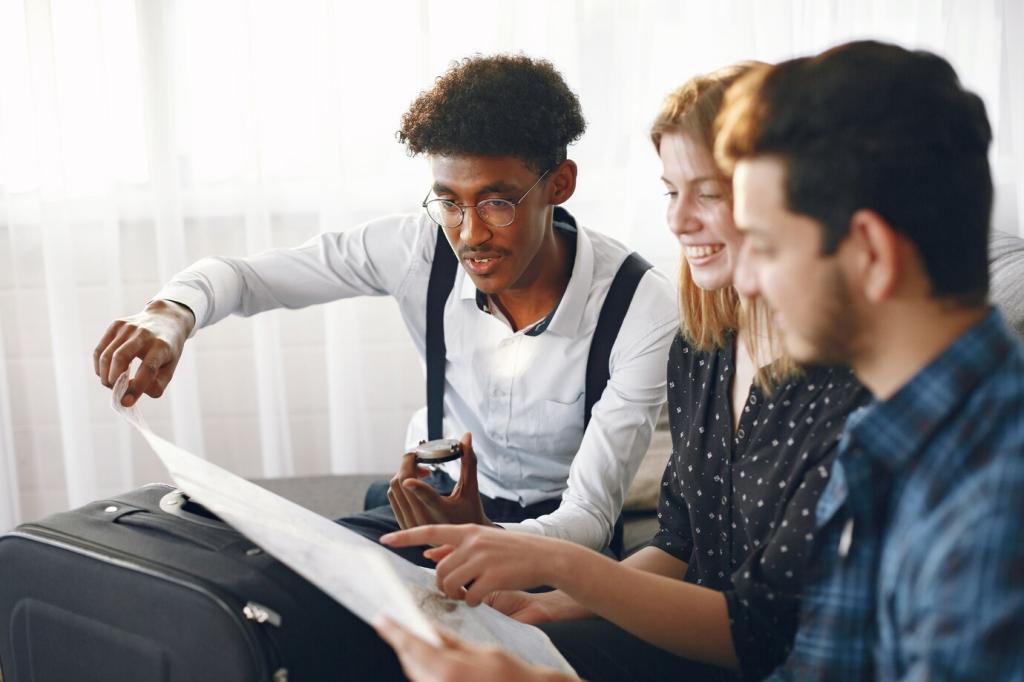Local Partnerships that Uplift Communities
In the Andean Altiplano, a group adjusted sunrise visits after Aymara elders explained planting rituals disturbed by noise. Co-creating respected seasonal rhythms and protected sacred moments. Ask elders or cultural stewards to review your plan, and tell us how you’ve adapted itineraries to honor local time.
Local Partnerships that Uplift Communities
Paying fairly is leadership in action. Share exact fees, confirm inclusions, and schedule payments that support cash flow for small vendors. When travelers see transparency, they better understand value and impact. How do you communicate budgets so hosts feel respected and travelers feel informed?






